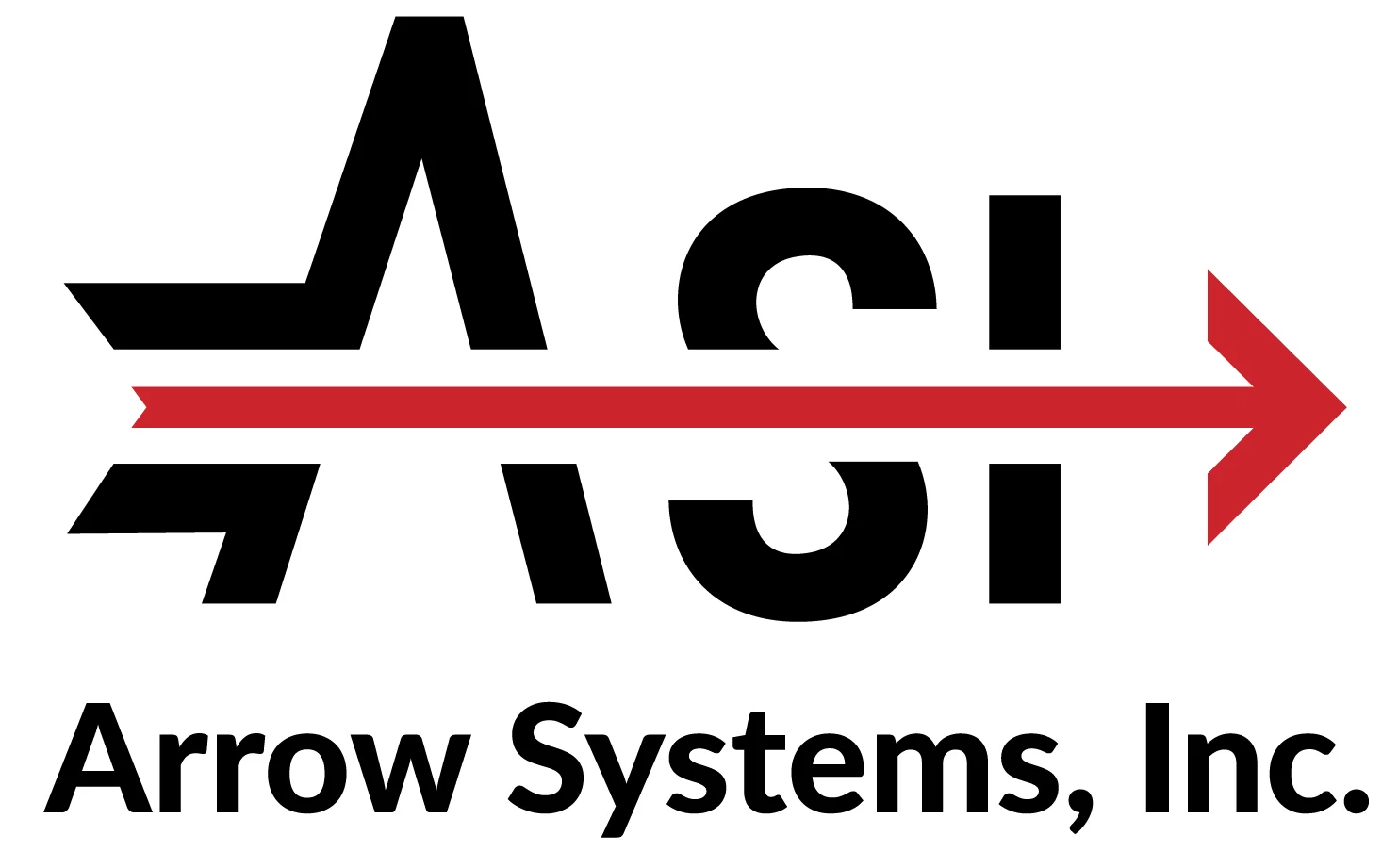Proposition 65 Label Requirements
Proposition 65 is a California law that requires businesses to provide warnings to consumers regarding their potential exposure to chemicals that may cause cancer. Also called the “Safe Drinking Water and Toxic Enforcement Act,” Prop 65 stipulates special labeling on products that pose an elevated cancer risk and are sold in California. The law requires the state to publish a list of chemicals which are considered known to cause cancer, birth defects or other reproductive harm. It also applies to locations where elevated cancer risk exists. Prop 65 was approved by California voters in 1986.
Although affixed to products sold in California, the labels may be seen by consumers all over the country wherever those products are also sold.
The determination of which products are required to carry Prop 65 warning labels depends on whether they contain chemicals that appear on the list, which is maintained by the California Department of Environmental Hazard Assessment. It is updated yearly and includes approximately 900 synthetic and naturally occurring chemicals “known to the state of California to cause cancer or reproductive toxicity,” (https://oehha.ca.gov/proposition-65/proposition-65-list).
A variety of products carry Prop 65 labels, including electrical wiring, power cords, jewelry, pesticides, certain food products, drugs, solvents, furniture, padlocks, and flashlights, among others.
There are four ways in which a substance can be added to the OEHHA list. It must be
1) Found by an authoritative body to cause cancer in humans or laboratory animals
2) Added by a qualified expert licensed in the state of California
3) Identified by the International Agency for Research on Cancer as causing cancer in humans or laboratory animals, or
4) Required to be added based on the determination of an agency of the state or federal government that the substance causes cancer, reproductive harm, or birth defects in humans or laboratory animals.
Inclusion on the list is based on safe harbor levels, or daily exposure limits determined to be safe for a given chemical or substance.
Prop 65 warnings apply not only to consumer products but also to locations where people may be exposed to listed chemicals. These include designated smoking areas, rental housing complexes, service stations, enclosed parking areas, dentist offices, amusement parks, vehicle repair facilities, hotels, and restaurants.
Businesses whose products or services may expose the public to listed chemicals must provide “clear and reasonable warnings” prior to exposure. These warnings may be provided via labeling, signs posted at a workplace, notices published in a newspaper, or notices distributed at a rental housing complex. These businesses must also stop releasing listed chemicals into drinking water sources.
For complete information about Prop 65 labeling and other information related to this law, visit the official Prop 65 website at https://www.p65warnings.ca.gov/.
